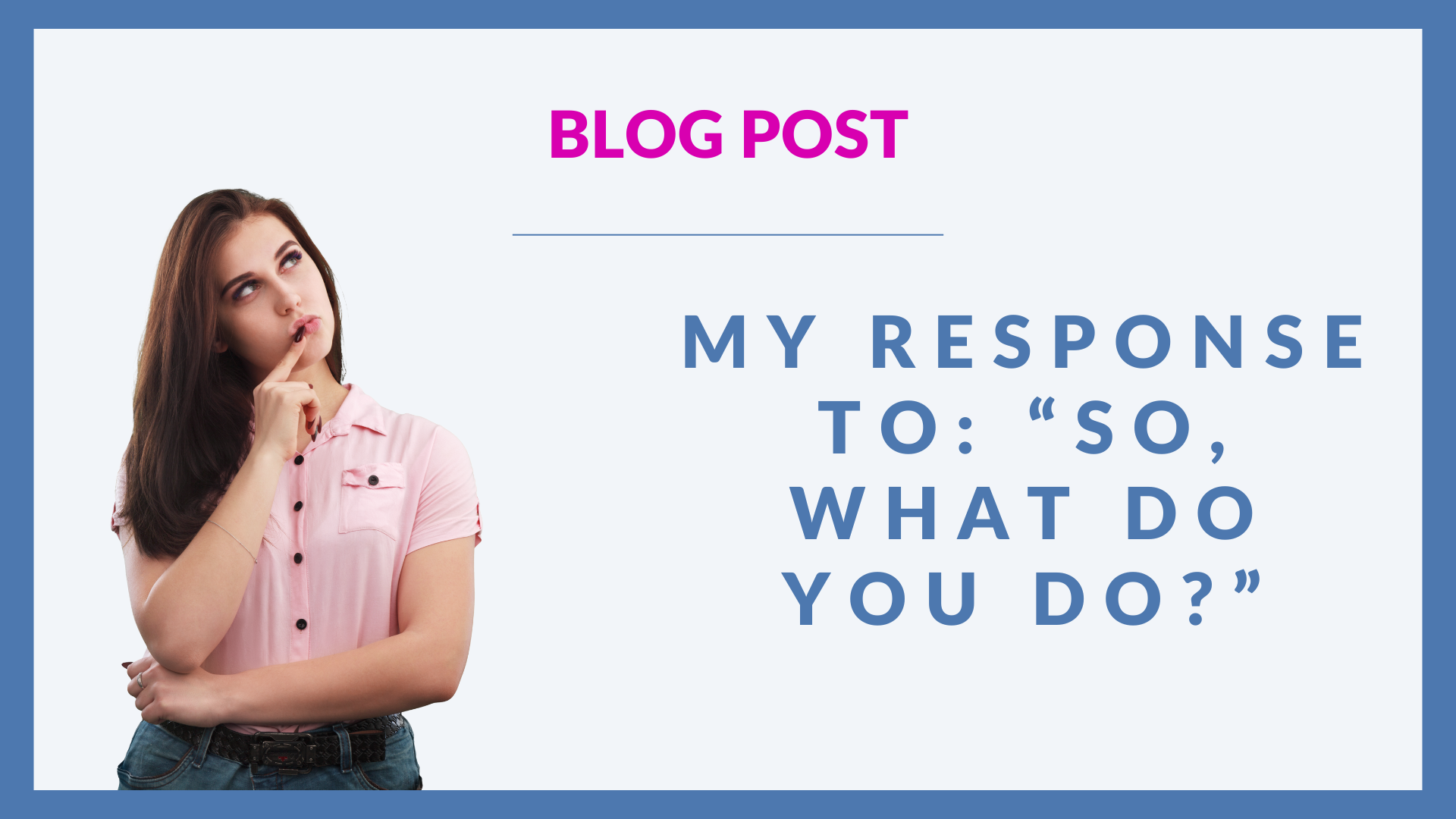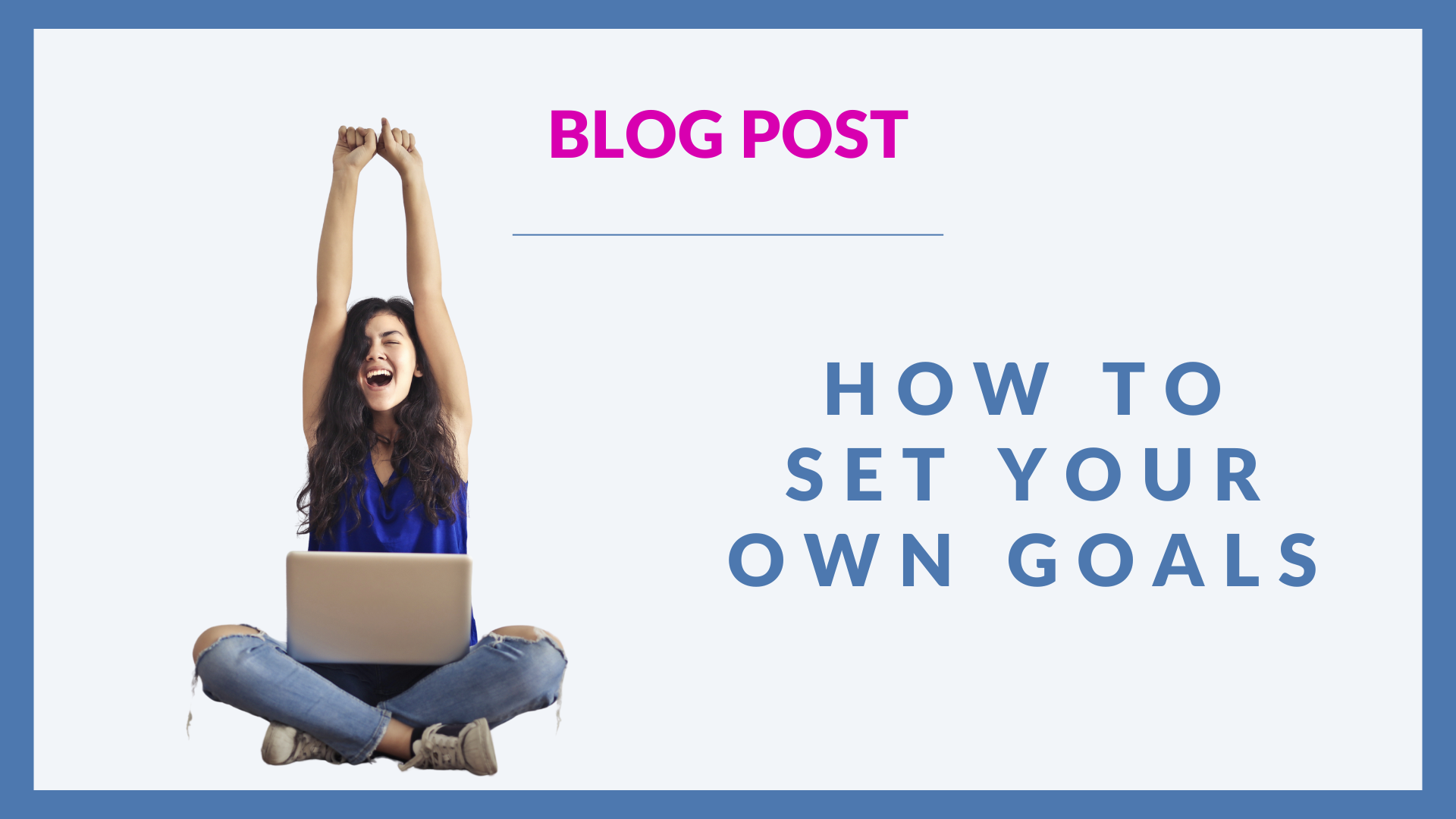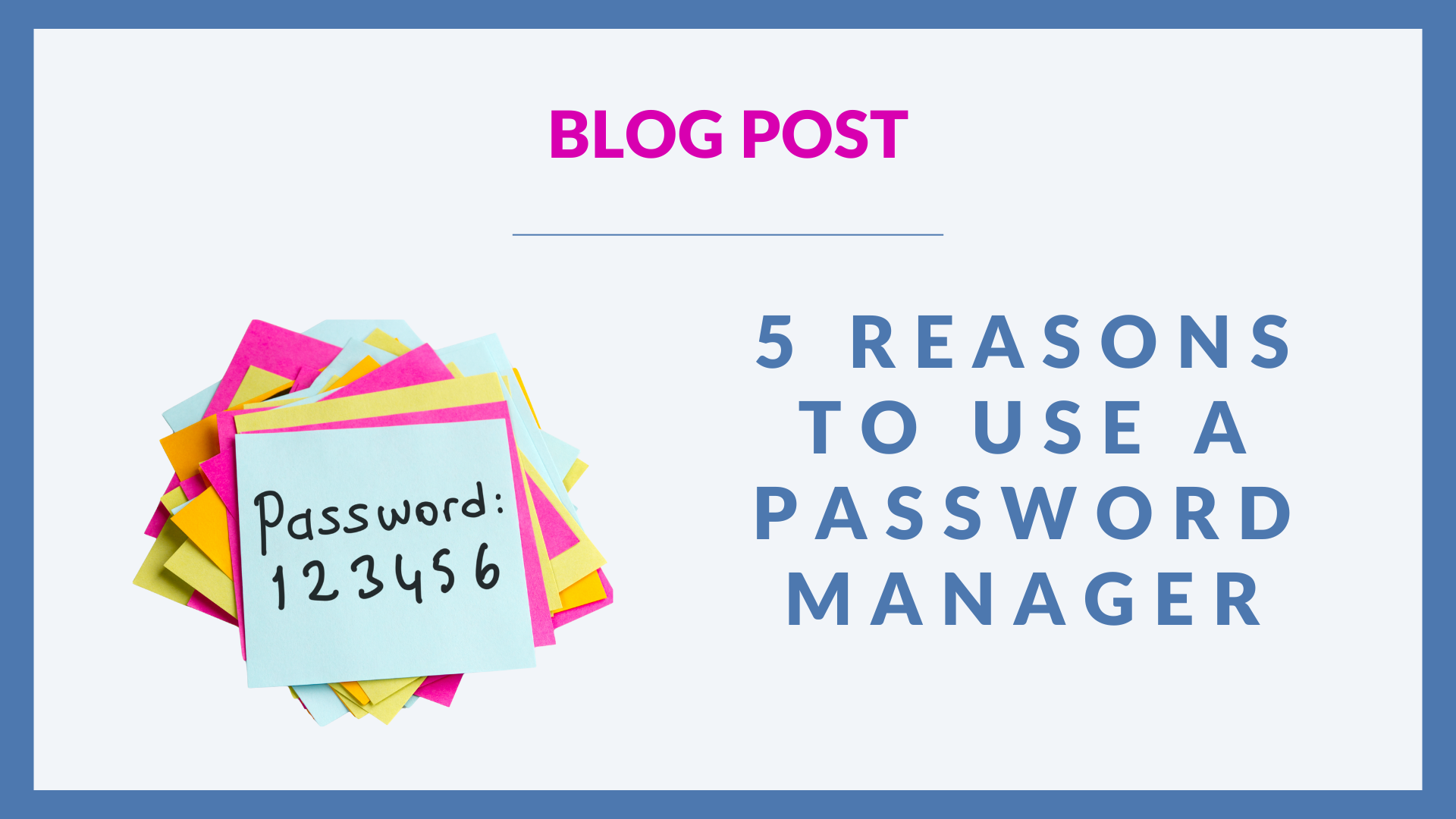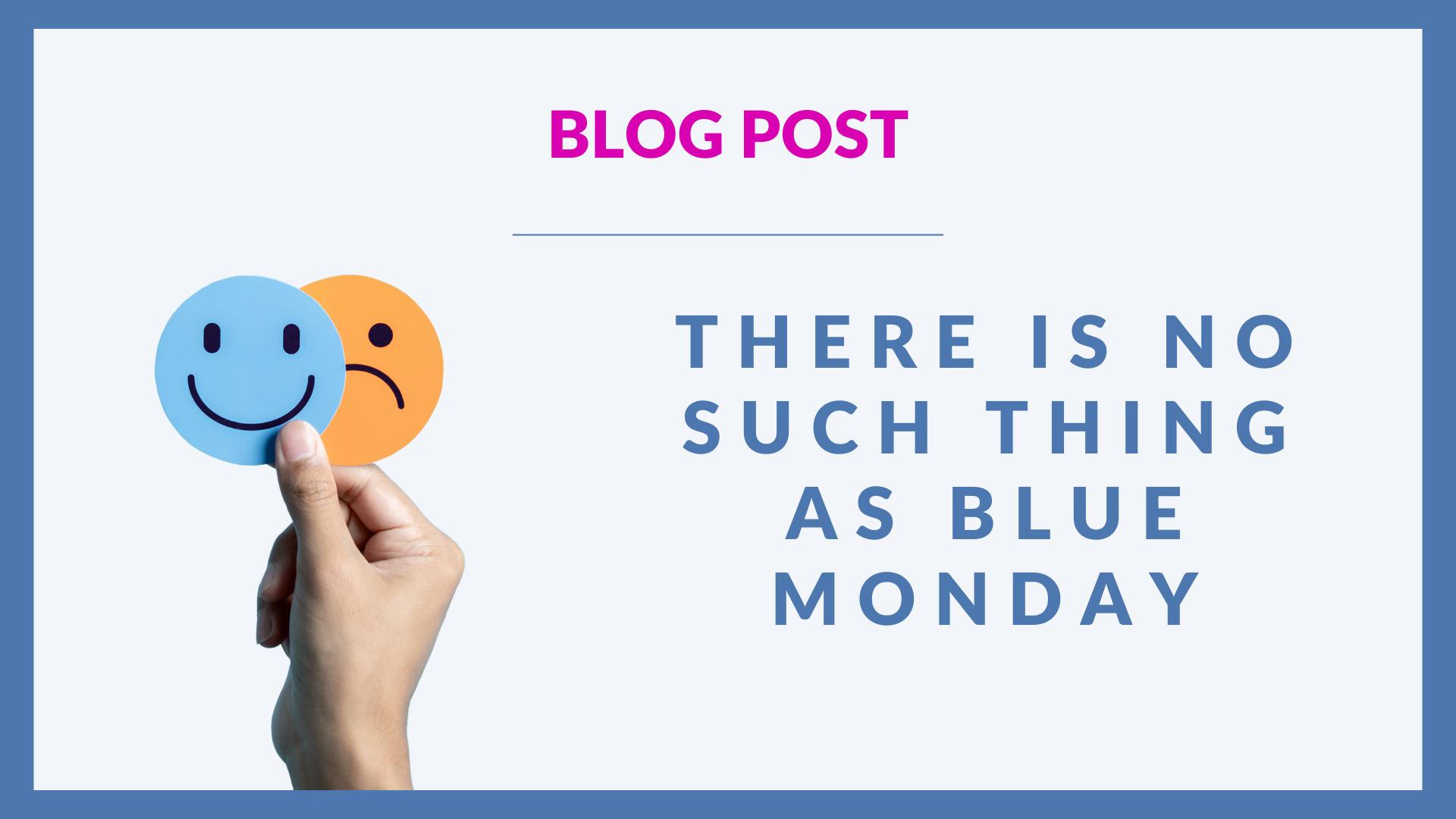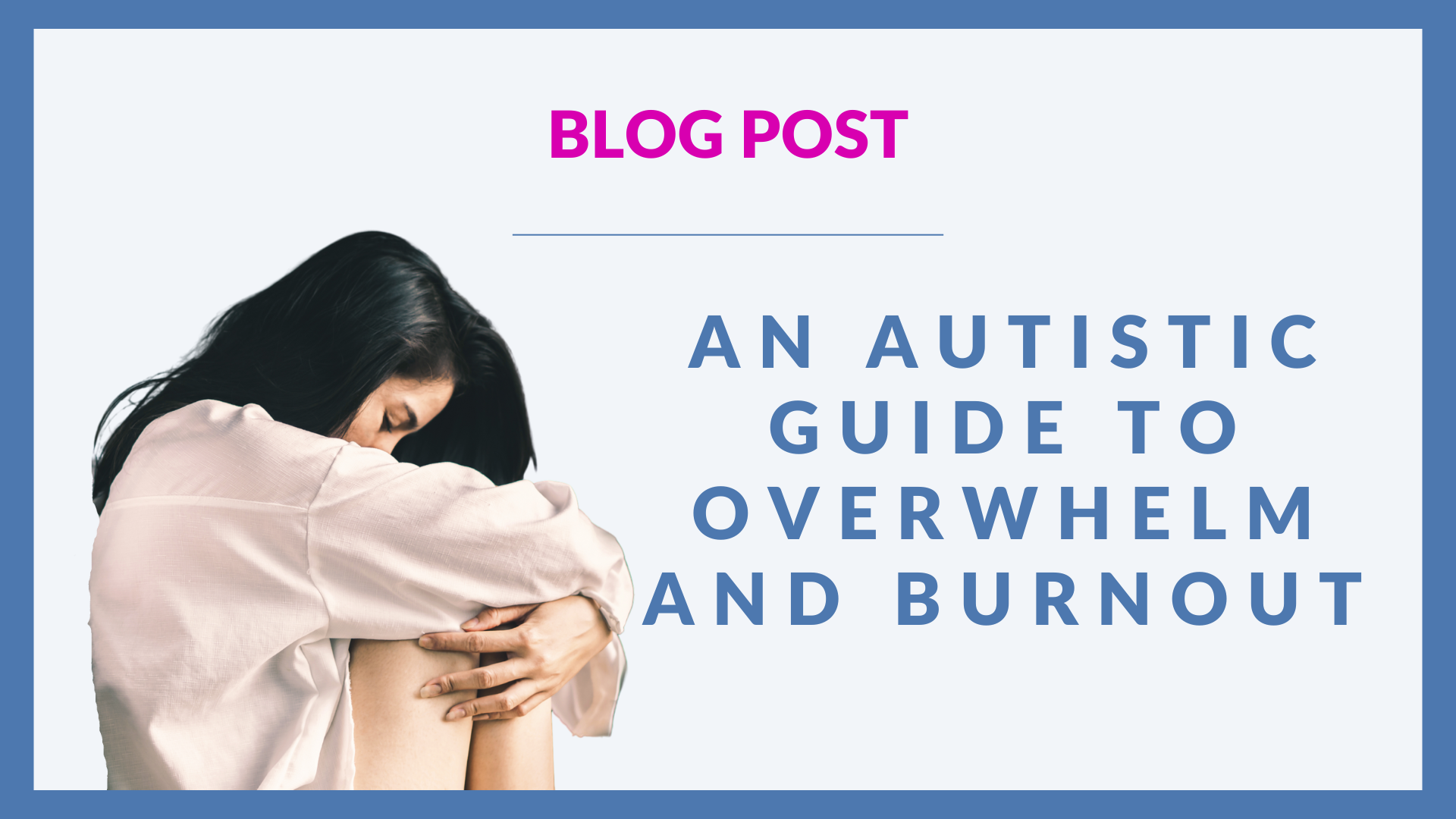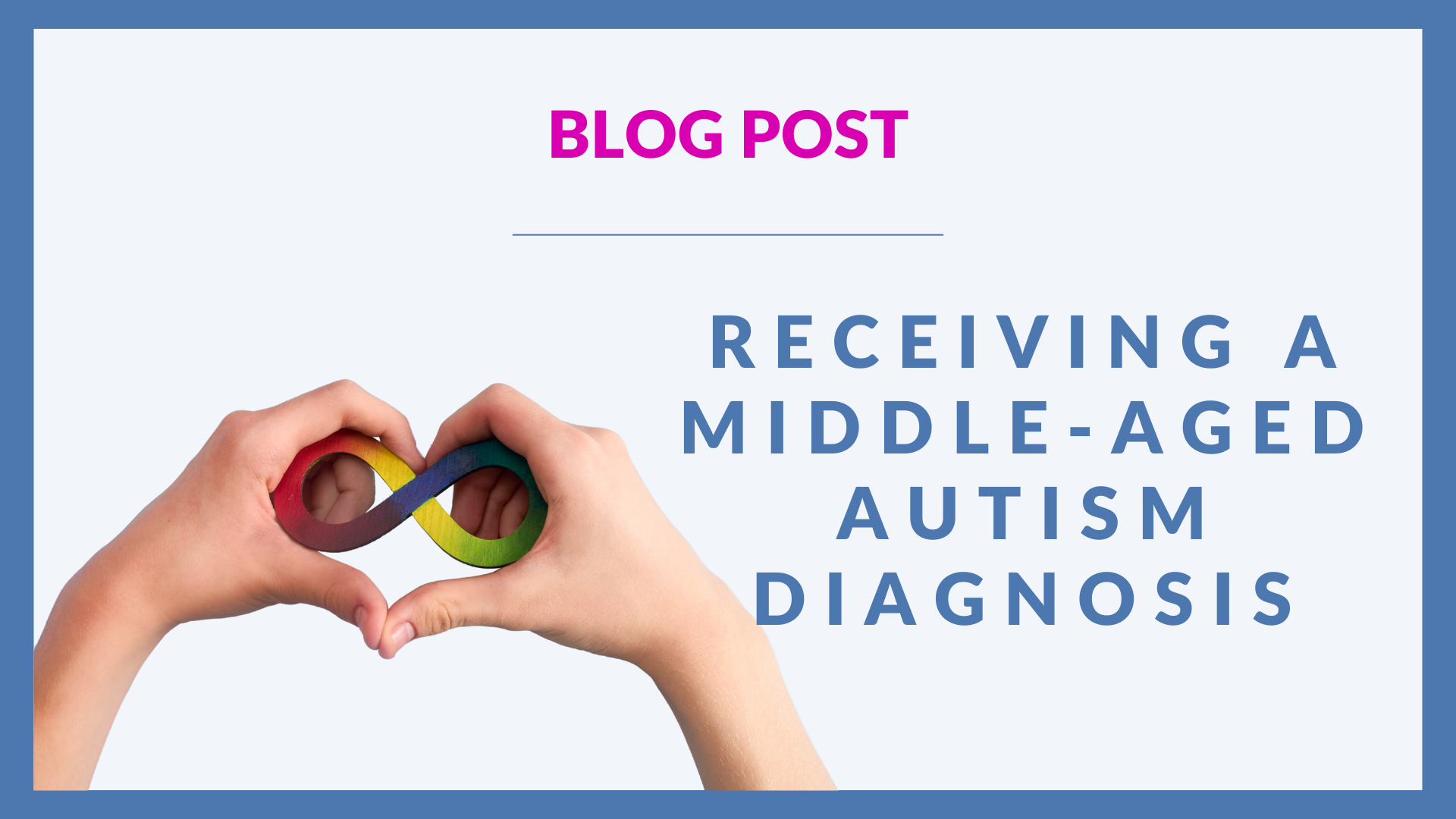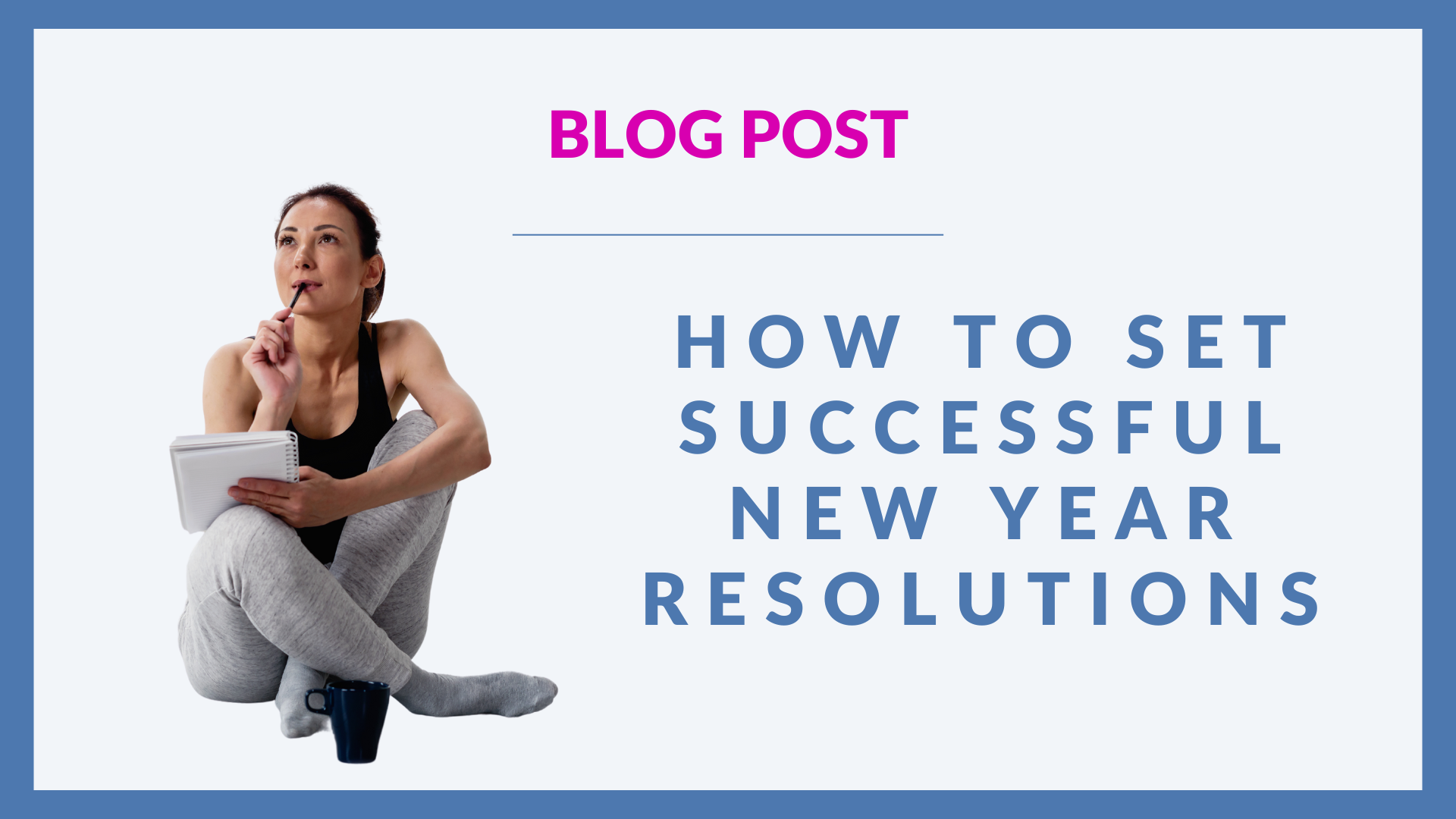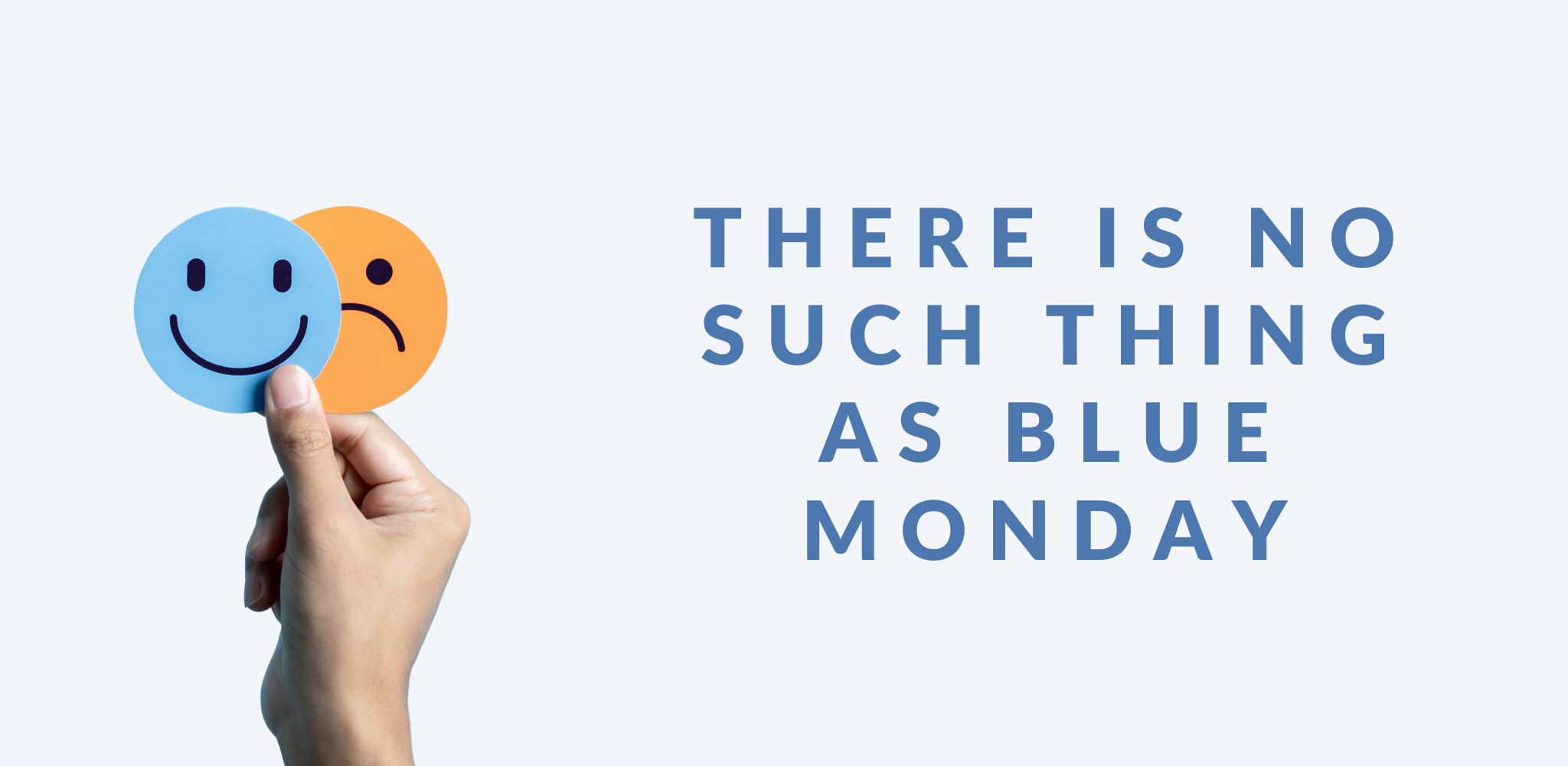
Recent Posts
- All Posts
- AuDHD Lifestyle Coaching
- Mental Health
- Neurodivergence
- Office Management
- Run Coaching
- Sports Massage
- Transformational Coaching
- Transitional Coaching
- Virtual Assistance
Categories
Qualifications & CPD
Business Management Diploma
Anti-Money Laundering (AML) and Financial Crime
Mentoring & Coaching Skills
Psychology of Behaviour Change
Life Coaching & Mindfulness Diploma
Advanced Personal Training Diploma
England Athletics Running Coach
Gym Instruction
Nutrition & Weight Management
Nutrition for Sport & Exercise
Circuit Training
Pilates Fundamentals
Pre and Post Natal Nutrition
Pre and Post Natal Massage
Sports & Remedial Massage Diploma
THERE IS NO SUCH THING AS
BLUE MONDAY
Blue Monday has been branded about for the last decade as the most depressing day on the year. As someone who has battled depression throughout their life, I think it would be wonderful if I could choose on which day I wanted to be depressed.
But it doesn’t work like that. It never has and never will.
Blue Monday was developed as a PR strategy in 2004 to sell holidays at a time when a lot of people were feeling low after Christmas and wanted something to look forward to.
If only a holiday was all it took to beat depression.
As someone who doesn’t like December, I am personally quite high spirited in January – all the Christmas fuss has gone and I can return to ‘my normal’ without overwhelm or expectation upon me.
HOW ARE YOU FEELING?
I mean, really feeling?
Regardless of what day it is, it is always a good time to reflect on how you are feeling. There is a lot of encouragement to reach out if you are having a tough time. And I agree with this, if you have the self awareness, foresight and energy to do so.
But, sometimes, even reaching out to someone is too much to cope with.
It involves energy that isn’t available, requires words that can’t be retrieved and results in another conversation to maintain.
However, spending time with your thoughts and feelings is something you can do without having to communicate with anyone else.
Taking even 10 minutes to sit quietly, focusing on your breathing and allowing any thoughts to pass through your mind, is a really simple yet powerful way of recognising how you are feeling in that moment.
It may also provide you with some insight on what your mind and/or body needs to do next. Do you need to carry on sitting peacefully, go for a short walk, or maybe it has helped you remember something you meant to do earlier in the day.
Sometimes, giving ourselves this time also helps us work out how to proceed with something that has been worrying or concerning us for a while.
HOW TO REACH OUT WITHOUT MAKING CONVERSATION
If these moments of reflection are still leaving you feel unsettled, then you may need to find some answers from outside of your own mind.
At times when I have needed support but unable to reach out to anyone directly, I have found following relevant hashtags on social media invaluable (Instagram works best for me) because I can then surround myself with like-minded people without having to say a word.
I can feel like I’m not alone whilst being left alone and, more often than not, they really do know how I feel and what I’m going through more than anyone who personally knows me.
I am not saying that people who personally know me don’t care or won’t be there for me if I need them, because they will. They have been. And I will always value and treasure that.
But even talking or explaining things to those closest to me can be too much, which is when social media really can be a positive and useful tool.
So, whilst social media can have a negative effect on our mental health, it can also quite literally be a life saver to so many people who need to not feel alone while being left alone.
WHEN TO SEEK PROFESSIONAL HELP
Mental health challenges can often creep up unnoticed, and recognising the warning signs is the first step to taking care of yourself or supporting someone else. Below are some common signs of depression and anxiety, how they might appear in daily life, when to be concerned, and some practical tips to help address them.
This is such a personal topic and everyone’s point of asking for help will be different, depending on the support you have around you, the awareness you have of how you’re feeling, and experience you have of managing your own mental health.
However, these are some of the signs that tell me things are not as they should be:
DOOM SCROLLING WITH NO POSITIVE EFFECT
Most people with a social media account will find themselves ‘doom scrolling’ at some point.
Mindlessly scrolling through posts or videos can be a way for some people to switch off, but that needs to be managed. There are different apps and phone settings that help control and limit the amount of time spent on our phones and in particular apps that can become unhelpful and time wasting.
Tips to help:
- Set app usage limits using apps or phone settings
- Create phone routines to restrict use of certain apps at certain times of the day
- Give yourself a purpose for going onto social media and then close the app
DIFFICULTY SLEEPING
Most people will have the odd restless night where they are unable to sleep, or keep waking up. This is annoying, but generally not a problem.
However, if you are having difficulty falling asleep, staying asleep or waking up feeling tired, then this is another indicator that things in your life are too stressful for you to be able to switch off from properly at night.
You may even acknowledge that you are thinking and worrying about specific things from your day, or wider areas of your life.
Tips to Help
- Create a bedtime routine to signal to your body that it’s time to wind down
- Work on regulating your nervous system throughout the day so you are more relaxed in the evening
- Listening to 852Hz frequency music or sounds can help to switch off (over)thinking
EXCESSIVE WORRY OR ANXIETY
Worrying is a natural response to stress, but excessive anxiety can take over your thoughts and daily life.
Anxiety might manifest as racing thoughts, repeatedly thinking about the same future or past situations, restlessness, trouble sleeping, or physical symptoms like a racing heart, sweating, or muscle tension.
Tips to Help
- Practice deep breathing exercises, such as inhaling for four seconds, holding for four seconds, and exhaling for four seconds
- Limit caffeine and sugar, which can exacerbate anxious feelings
- Write down your worries and identify which ones you can control and which you can’t
DIFFICULTY COPING WITH STRESS
Stress is a part of life, but when it becomes unmanageable, it can take a toll on your mental health.
You might feel overwhelmed by simple tasks, experience frequent headaches or stomach aches, or struggle to make decisions.
You might also become frustrated and irritated by small things that are not going to plan.
If stress is becoming unmanageable, especially if it impacts your ability to function, then it could be a sign that your nervous system is dysregulated.
Tips to Help
- Break tasks into smaller, more manageable steps
- Try relaxation techniques like meditation or mindfulness apps
- Prioritise self-care, such as eating well, exercising, and getting enough rest
SUMMARY
Recognising the warning signs of poor mental health is an important step toward taking action. While these tips can help you manage early signs, it’s essential to seek professional help if things feel too much to handle on your own.
Remember, reaching out for support is a strength, not a weakness. Taking care of your mental health is just as important as taking care of your physical health – it’s what allows you to live your life to its fullest potential.
The first step to seeking professional help is either via a GP, counsellor, or psychotherapist.
For more immediate or urgent help in the UK:
- Call the Samaritans helpline on 116 123
- Text SHOUT to 85258
- For medical advice, call the NHS on 111 or visit www.111.nhs.uk
- In an emergency, call 999
NEED SOME HELP MOVING FORWARD?
Once your mental health is in a better place, and you want to start feeling more confident about yourself again, completely transform your life from things that contribute to your poor mental health, or discover what your full potential looks like, I will help you unpick what’s not working for you, and identify who you are, rather than who you think you should be.
The first step is to book a free discovery call. This is a Teams video chat where we’ll get to know each other, talk about where you are and where you’d like to be, and see if we’re the right fit to work together.
(Please note that I am not a mental health advisor or professional that can help you diagnose or directly manage your symptoms, but I can help you create a life that supports better mental health for you).
Alternatively, if you would like to know more about how I can help you improve the quality of your life, you can send me a message or email [email protected].

